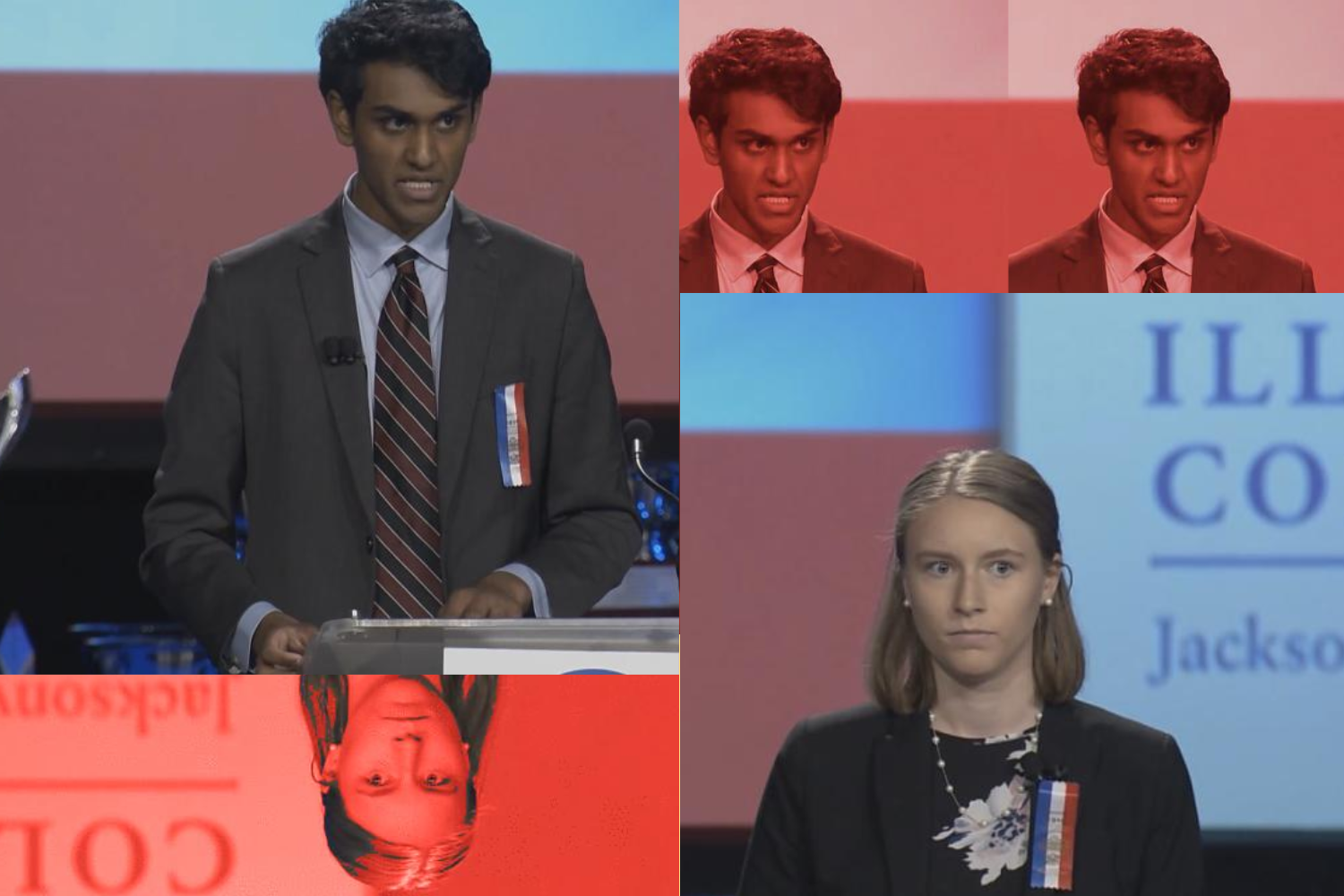Why debate matters
It’s one of the least dangerous forms of escapism
February 20, 2022
60 or 70 years from now, when I’m a decrepit old man edging slowly towards a timely death, if someone were to ask what brightspots I enjoyed during my high school years, I’ll likely have two answers. The first would be the incredible tuna salad I sampled as a Culinary Arts sophomore – and the second is debate.
I can’t quite explain why exactly I love competitive debate so much, in the same way that I can’t quite explain why I feel hunger or sadness. I can give you reasons, sure, but the sensation is ultimately something that needs to be felt to be understood.
There’s the inherently combative nature of debate, the most conflict-oriented high school activity outside of sports. It’s difficult to find other extracurriculars where direct verbal confrontation with your competitors is a key part of the game. There’s also the raw excitement of desperately coming up with a perfect counterargument when you feel yourself trapped against a wall by your opponent. The feeling of being left all alone, forced to rely on your own thinking against an equally prepared and mentally sharp rival, isn’t just exciting – it’s been a major source of meaning for me for three and a half years.
But that’s not all. The magic of debate extends beyond what goes on in round, to the mysterious and frankly cosmic spirit everywhere during rounds. There’s something to be said about the mysticism of a final taking place in the late evening – a feeling that in those small classrooms, you, your opponent and your judge are the only souls on the planet, and the entire universe is revolving around you. Those rooms were totally disconnected from the chaos of the outside world, and in them none of your fears, anxieties or insecurities matter – only victory does.
Debate tournaments have been the bright spot in even the gloomiest of my weeks throughout the past few years. As absurd as it can sound, walking into a high school in the valley and walking out with a large trophy made me feel like a gladiator. On the long car rides home, stress about the ensuing Monday’s math quiz or anguish about my previous week in culinary disappear, and all that matters is the auditorium-sized applause I received a few minutes before.
On that note, other forms of escapism have a lot to learn from debate. The primary problem with video games, social media, television and movies as a way of escaping the real world is that they too often become a substitute for it. TV and movie watchers, for example, often become obsessed with worlds too similar to our own, investing themselves in characters and stories as a replacement for personally enriching lives.
There’s nothing wrong with this here or there, (Lord knows I use all of the above pretty frequently), but an extreme detachment from reality poses a significant danger. The increasing technological advancement of “AI partners” has gifted people the ability to construct entirely new parts of their lives, divorced from the risk and intimacy that make human life worth living.
The beauty of debate is that the glory of winning, with hundreds of people applauding for you as you’re awarded a trophy, is not an actual replacement for normal human relations. Debate has been a supplement to my life – one that’s provided me immeasurable joy, disappointment, gratitude, resentment, pride and pain, along with basically every other emotion the brain can muster. But it’s provided me an invaluable lesson in how life supplements can’t replace the real human experience. And that’s worth all the tuna salad in the world.









